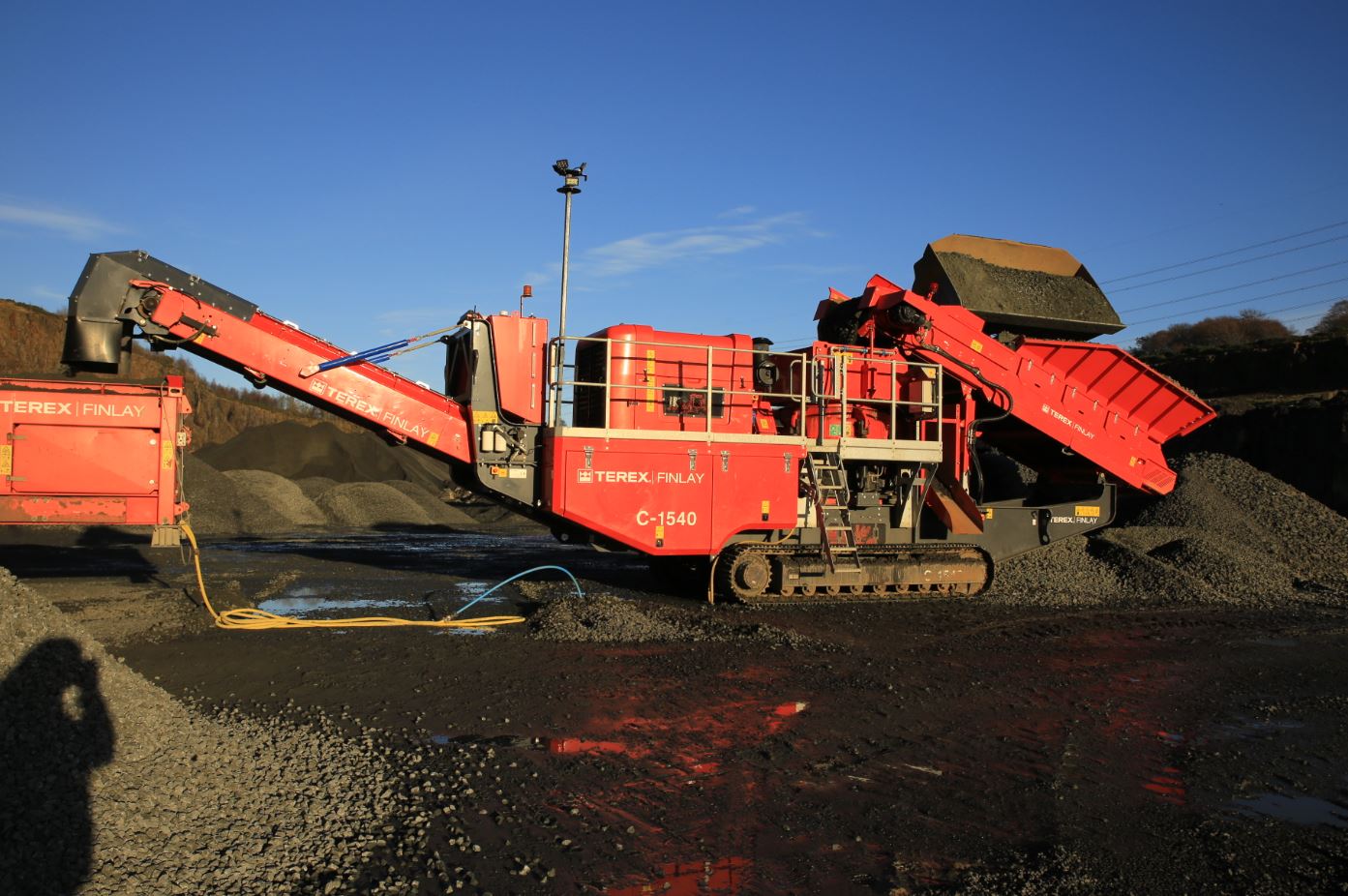Choose the Right Crusher: Boost Productivity with Cone and Impact Crushers
Selecting the right type of crusher is crucial to maximizing efficiency, reducing operational costs, and producing high-quality aggregates. In today’s competitive construction and mining industries, the Cone Crusher and Impact Crusher have become indispensable for various crushing applications. Understanding the strengths and use cases of each can help businesses make informed decisions that drive performance and profit.
Understand the Function of a Cone Crusher
A Cone Crusher is a high-efficiency machine designed for crushing hard and abrasive materials such as granite, basalt, and iron ore. It operates on the principle of compressive force, where the material is squeezed between a moving piece of steel and a stationary one. As the material passes through, it is broken down into smaller, more uniform pieces.
Cone crushers are widely used in secondary and tertiary crushing stages. Their ability to produce finely crushed products makes them ideal for use in concrete production, road building, and mining applications. Because they handle high volumes and require minimal maintenance, Cone Crushers are a cost-effective choice for operations needing consistent output and performance.
Explore the Role of an Impact Crusher
In contrast, an Impact Crusher uses impact force rather than pressure to crush materials. It features a rotor equipped with hammers or blow bars that strike the incoming material, breaking it into smaller fragments. This mechanism is particularly effective for medium-hard to soft materials such as limestone, coal, and gypsum.
Impact Crushers are favored for their ability to produce well-shaped, cubic products. This makes them perfect for road construction and the production of fine aggregate materials. In addition, their adjustable settings and ease of operation allow for greater flexibility on the job site.
Cone Crusher vs. Impact Crusher: What’s the Difference?
Although both machines are designed to reduce large rocks into smaller materials, they differ significantly in function, output, and efficiency.
- Material Hardness: Cone crushers are more suitable for harder materials like granite and basalt, while impact crushers are ideal for softer stones such as limestone or clay.
- Final Product Shape: If your goal is to produce a well-graded, cubical product, an Impact Crusher will be the better choice.
- Energy Efficiency: Cone Crushers tend to be more energy-efficient, especially for large-scale crushing applications.
- Wear and Tear: Due to the nature of their operation, Impact Crushers experience more wear and tear and require frequent part replacements.
Understanding these differences ensures that you select the right machine for your specific needs.
When Should You Use a Cone Crusher?
Opt for a Cone Crusher when your project involves high hardness materials, consistent output needs, and minimal fines. Their robust design allows them to operate continuously under heavy loads, which is essential in large-scale mining and aggregate plants. Cone crushers are also perfect when you need a narrow product size distribution and lower operational costs over time.
In applications such as:
- Road base material production
- Railway ballast manufacturing
- Mining ore crushing
- Aggregate for ready-mix concrete
…the Cone Crusher proves to be a long-term, efficient solution.
When Should You Use an Impact Crusher?
An Impact Crusher is your best bet when working with softer materials or when your primary goal is shaping the material rather than compressing it. If the project requires a clean, well-graded product with fewer fines and better workability in concrete mixes or asphalt, then an impact crusher is more suitable.
Use it for:
- Recycling concrete and asphalt
- Producing sand and gravel for road construction
- Processing soft rock like limestone and gypsum
- Projects needing adjustable output sizes
The easy maintenance and fast rotor changes also make Impact Crushers highly adaptable for contractors working across multiple sites.
Maximize Output with Combined Crushing Solutions
Many modern operations benefit from combining both crusher types. For instance, use an Impact Crusher for initial material reduction and follow it up with a Cone Crusher for fine crushing. This setup not only improves product quality but also maximizes throughput, ensuring that the final material meets strict industry standards.
Such a hybrid approach:
- Reduces overall processing time
- Enhances the consistency of the final product
- Minimizes downtime and maintenance costs
Investing in both systems ensures greater flexibility and long-term benefits for demanding applications.
Factors to Consider When Choosing Between Cone and Impact Crushers
Before purchasing or deploying a crusher, evaluate the following factors:
- Material Type and Hardness: Choose a Cone Crusher for hard, abrasive materials and an Impact Crusher for softer, friable materials.
- Desired Output Shape and Size: Impact crushers deliver superior shaping while cone crushers ensure a consistent size distribution.
- Capacity Requirements: Cone crushers generally offer higher capacity for large-scale operations.
- Maintenance Needs: Impact crushers often require more frequent inspections and parts replacements.
- Operational Environment: Factor in mobility, power supply, and noise levels if working in urban or remote locations.
Taking a balanced approach ensures your crushing equipment meets both short-term and long-term business goals.
Conclusion: Choose Smart, Crush Smarter
The decision between a Cone Crusher and an Impact Crusher comes down to your project’s specific requirements. For strength, longevity, and precision in crushing hard materials, the cone crusher is the clear winner. However, for flexibility, shaping, and handling of softer materials, the impact crusher excels.
Choosing the right machine can boost productivity, reduce costs, and ensure higher-quality materials. Whether you operate in mining, construction, or recycling, understanding the role of these crushers helps you make smarter investments and achieve superior results.












